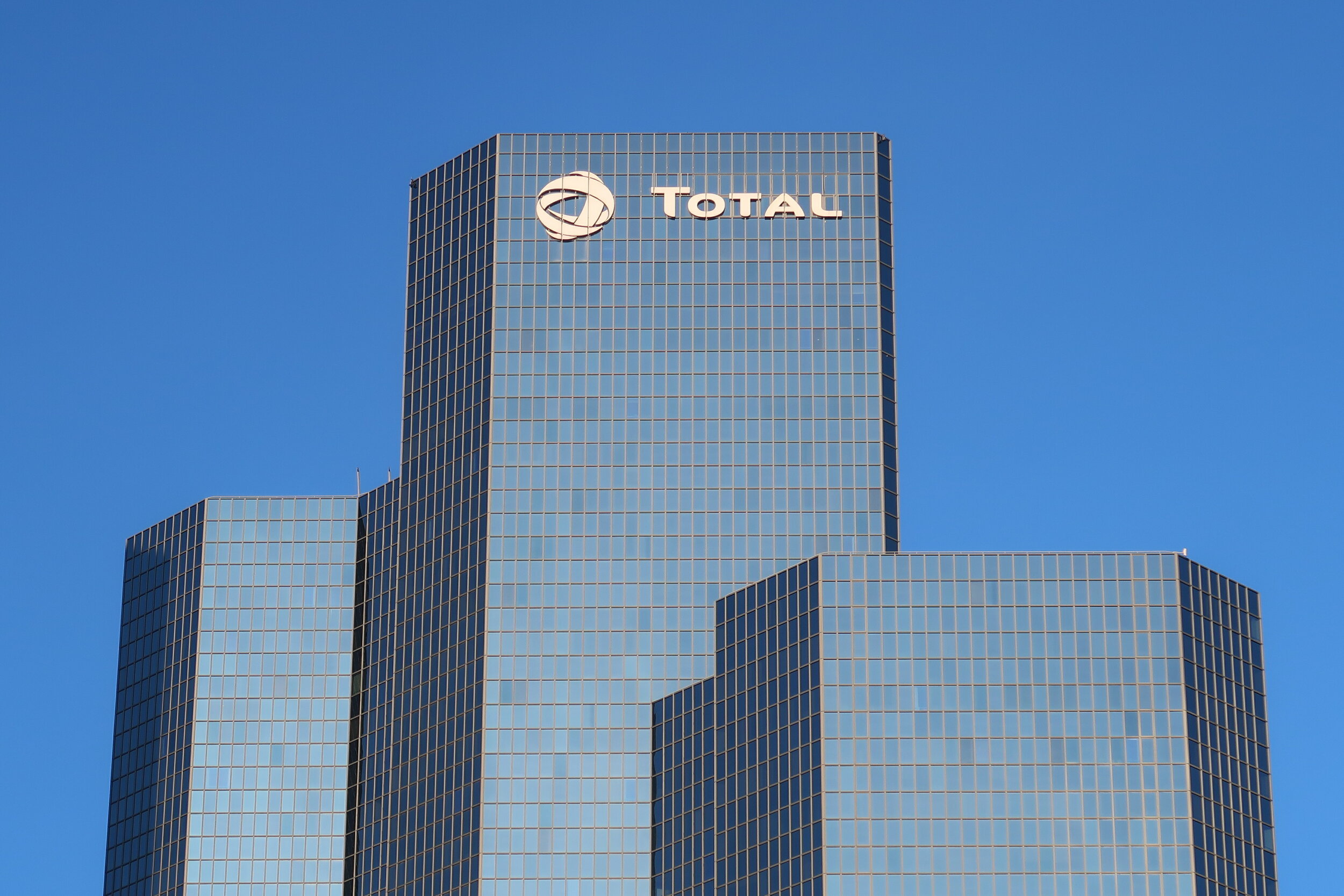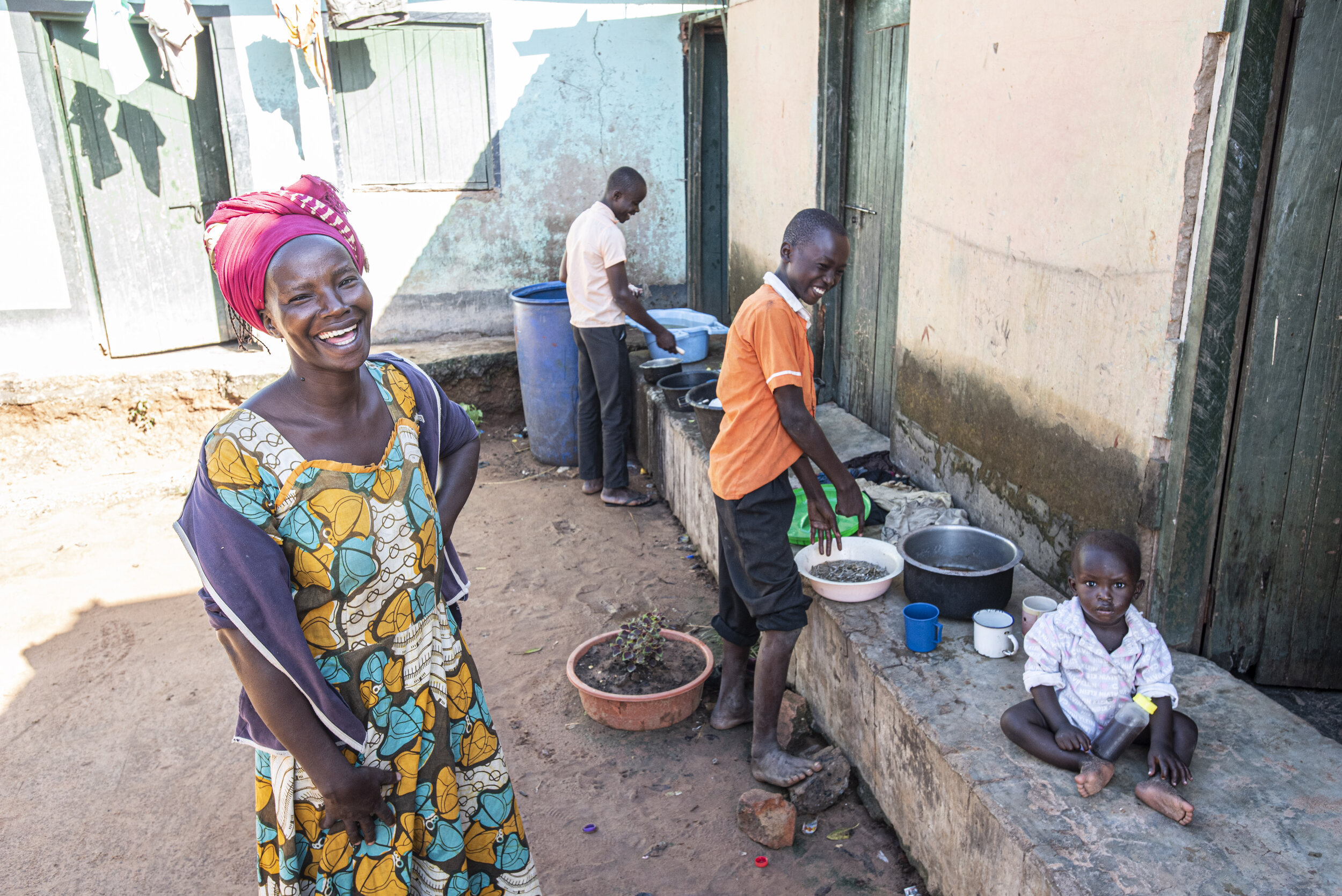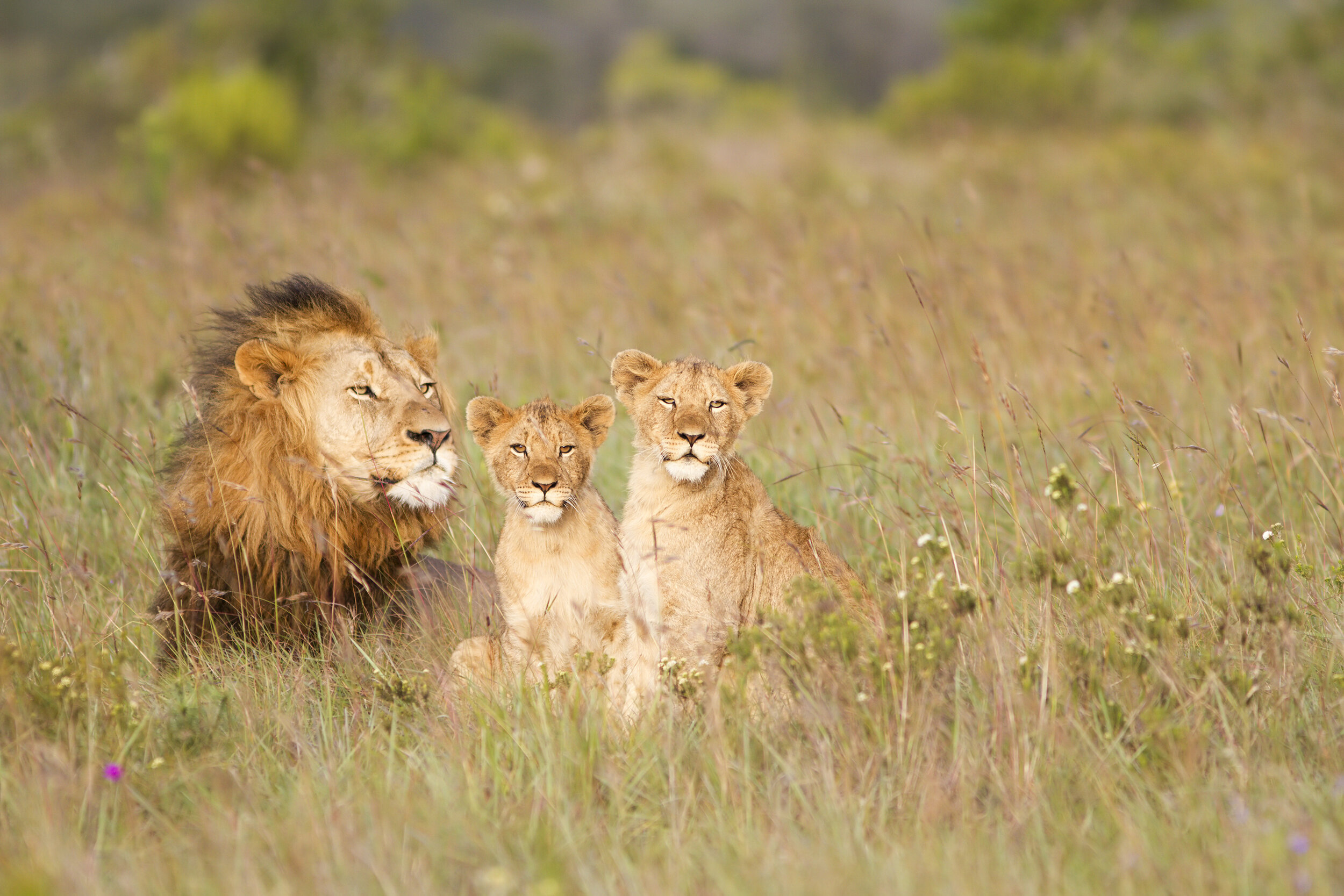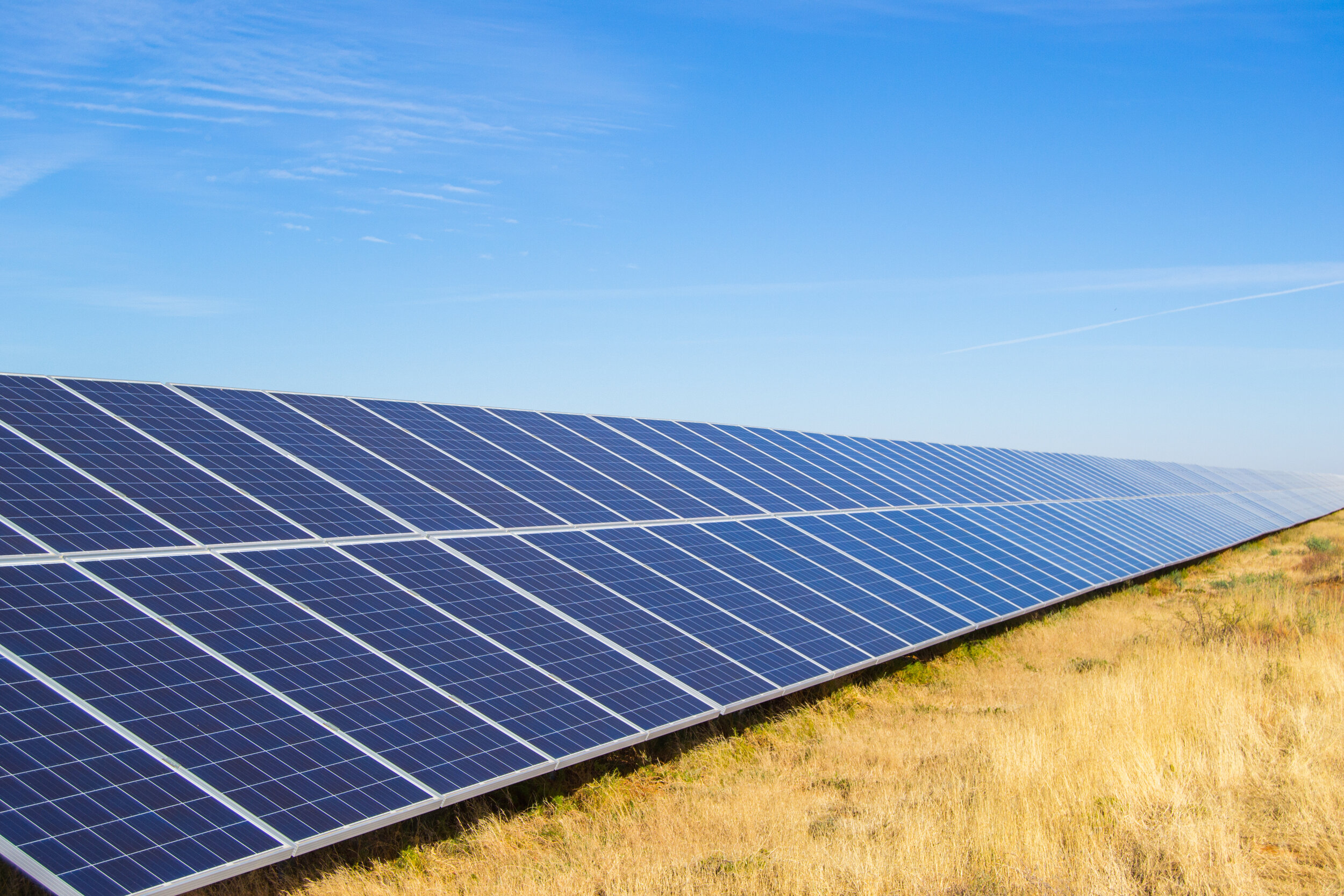
WHO’S BEHIND EACOP?
WHO’S BEHIND EACOP?
There is a range of corporate actors pushing to build the massive East African Crude Oil Pipeline (EACOP), which will displace communities, endanger wildlife and tip the world closer to catastrophic climate change.
French multinational oil company Total is the project’s main proponent and stands to profit the most from the pipeline’s construction. Working alongside Total is another multinational corporation, the state-owned China National Offshore Oil Corporation (CNOOC). Both Total and CNOOC hold the licenses to extract oil in Uganda but can only begin drilling once EACOP is built – it’s the only way to export the oil out of landlocked Uganda to be processed and sold worldwide.
The good news is that building the longest heated oil pipeline in the world is expensive work, and Total and CNOOC can’t go it alone – they need support from investors and other actors around the world like commercial banks, public financiers, contractors, and insurance providers.
That’s where you come in!
Following pressure from the #StopEACOP campaign, the African Development Bank declared it has no intention of financing the pipeline. In March 2021, Barclays and Credit Suisse became the first two commercial banks to rule out providing finance for the construction of EACOP publicly. To date, 27 commercial banks, 23 insurers, and four export credit agencies have publicly committed not to supporting EACOP.
Now, we need to convince the directors, shareholders, and other stakeholders backing EACOP – such as South Africa’s Standard Bank and the Industrial and Commercial Bank of China – that stopping EACOP in its tracks is the only acceptable thing to do. Anything else would be financially reckless and morally indefensible.
So who is the #StopEACOP campaign targeting?
1. Total, CNOOC AND THEIR SHAREHOLDERS
The first layer of stakeholders, alongside the Ugandan and Tanzanian governments, are the oil companies themselves, Total and CNOOC. They’re heavily invested in EACOP’s success, so swaying them will be challenging, but we know that together we can do it.
Ultimately, the two companies are beholden to the interests of their shareholders. Asset managers and pension funds around the world hold shares in both Total and CNOOC. Many of these investors have made public commitments to respect the human rights of communities and consider the climate implications of their investments.
At the end of the day, many of these firms are responsible for managing the retirement savings of millions of everyday people – we are their customers and if enough of us raise our voices they will take notice!
To influence Total and CNOOC, we need to tell their top shareholders that EACOP poses unacceptable risks to the planet, and to their investment.
Learn more about the US pension funds indirectly backing EACOP here, and take action by sending them a message here.
2. Project financiers: Banks and Export Credit Agencies
The companies are seeking a loan of approximately $3 billion to get the EACOP project off the ground.
Three banks have reportedly been appointed financial advisors to the project, and are responsible for arranging this loan:
Stanbic Bank of Uganda, a subsidiary of South Africa’s Standard Bank
Sumitomo Mitsui Banking Corporation (SMBC) of Japan
Industrial and Commercial Bank of China (ICBC)
It’s been reported that the project would seek support from the export credit agencies of Germany, Italy, France and the UK. Following pressure from #StopEACOP coalition members, all four of those applications have either stalled or been rejected.
Learn more about the potential financiers of the project here. You can send some of them a message via our action page.
3. Contractors
Total and CNOOC will collaborate with other companies to actually build the pipeline, provide equipment, and provide other services. UK-based firm WorleyParsons Europe Limited has been appointed the early services Engineering, Procurement, Construction and Management contractor.
#StopEACOP Coalition members are currently researching likely contractors and will list details here in coming months.
4. Insurance companies
A project of this scale is incredibly risky. To safeguard their commercial interests, the project developers will need to secure numerous insurance policies covering every component of the project – from liability insurance, to credit coverage, to insurance for cargo and equipment, and more. Without multinational insurance companies to underwrite the project, EACOP won’t be possible. We know that a US company called Marsh has been hired as insurance broker, meaning they’re in charge of arranging insurance for EACOP. We expect the project’s developers will seek insurance from members of the Lloyd’s of London insurance market.
We’ve drawn up a list of insurers with a known track record of insuring oil pipelines and have asked them to publicly commit to not supporting the EACOP—here are their responses so far.
Several major insurers have already made clear that they won’t insure the pipeline, but others are still considering it. We need to show them that people around the world are watching and that we expect them to steer clear of this reckless project.
Take action by sending a message to Marsh and the insurance company executives via our action page.
#STOPEACOP
FOR PEOPLE
EACOP threatens to displace thousands of families and farmers from their land and has already disrupted the livelihoods of many. If allowed to move forward, it would also place at risk vital water sources that millions of people rely upon for drinking and food production.
#STOPEACOP
FOR NATURE
EACOP will rip through some of the world’s most important elephant, lion and chimpanzee nature reserves. There’s also concern that the pipeline will open up more critical ecosystems to even more oil extraction.
#STOPEACOP
FOR CLIMATE
EACOP will fuel climate change by enabling the extraction of oil which will generate over 34 million tons of CO2 emissions every single year. To solve the climate crisis, we must stop building new fossil fuel projects.



